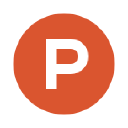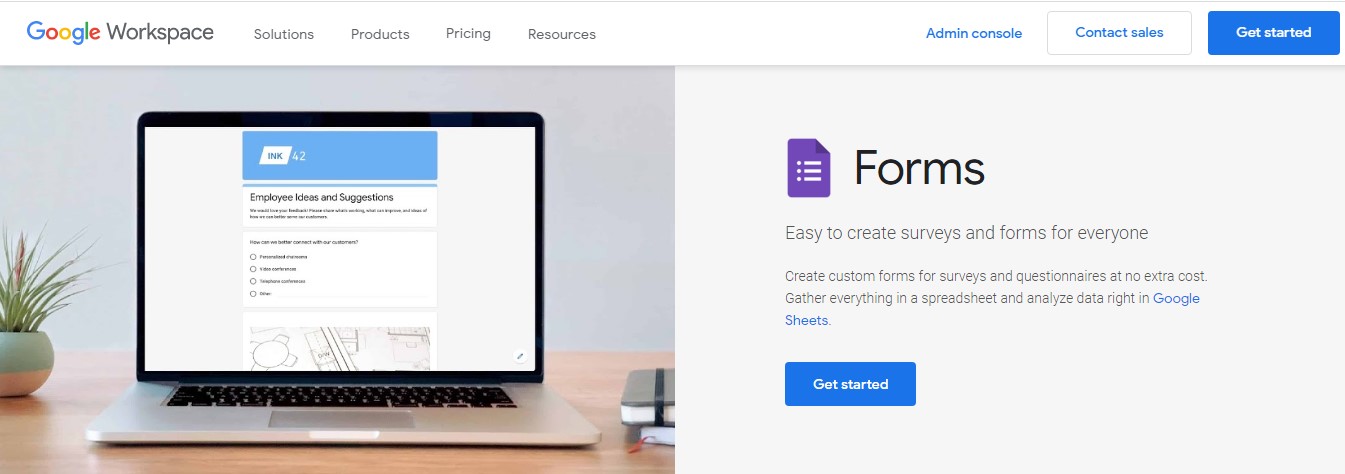We Built A $720K/Year Travel Activities And Tours Search Engine
Hello! Who are you and what business did you start?
I'm Simone Semprini, CEO, and Co-Founder of TourScanner. I graduated with a degree in engineering and then entered the world of tech - an industry in which I stayed for several years. After that, I went on to establish TourScanner alongside our current founding team, Guillaume Picard and Joseph Dimucci.
Tourscanner was the first meta-search engine created that focuses on tours and activities. Our app works very similarly to Kayak, Trivago or Skyscanner, but focuses on tours, attraction tickets, and outdoor activities.
Using the TourScanner website or app, tourists can search and compare through the entire catalog of products worldwide and choose the best price which leads them to the booking site. In addition, since 2017, we have connected around 20 online travel agencies specializing in tours and activities, like Viator, GetYourGuide, Musement, Groupon, etc. The profile of our customers consists mostly of Americans and Europeans, aged between 30 and 50.
The COVID-19 pandemic has hammered our business very hard, like most of the travel industry. However, we have recovered, and now our metrics are better than before the pandemic. Our...




















